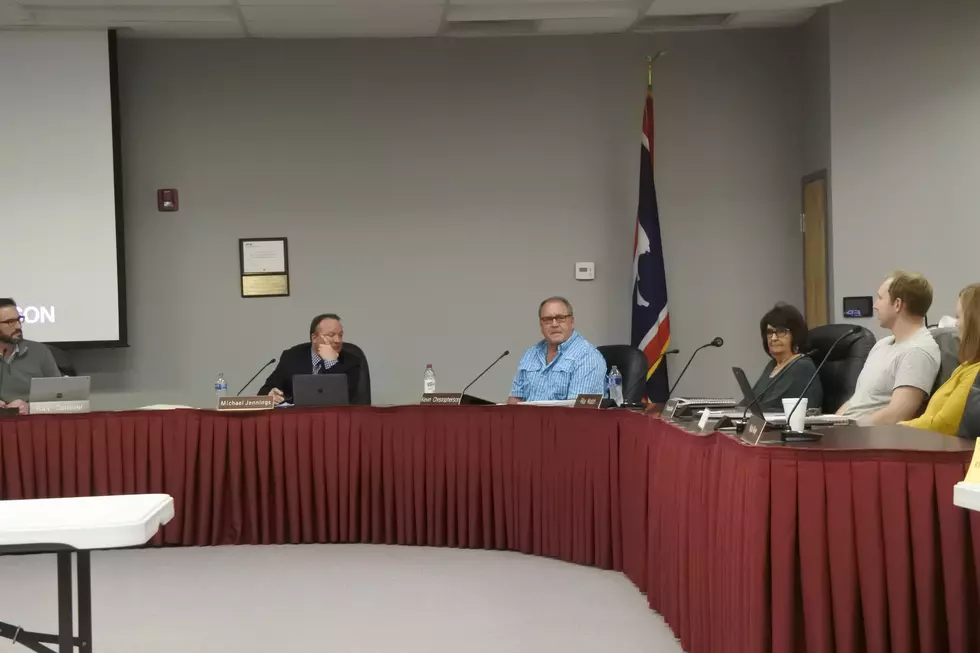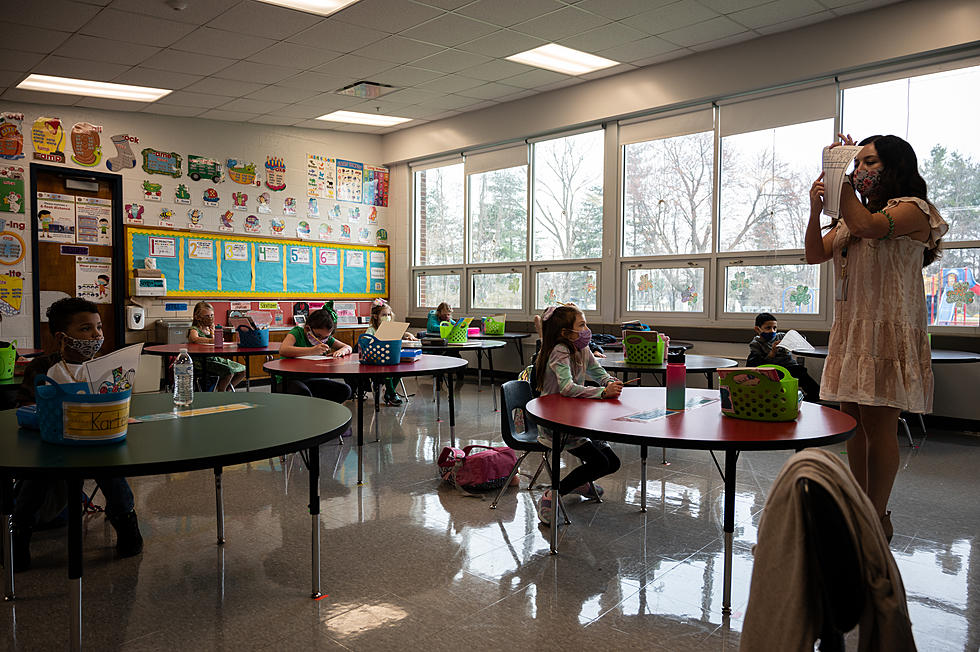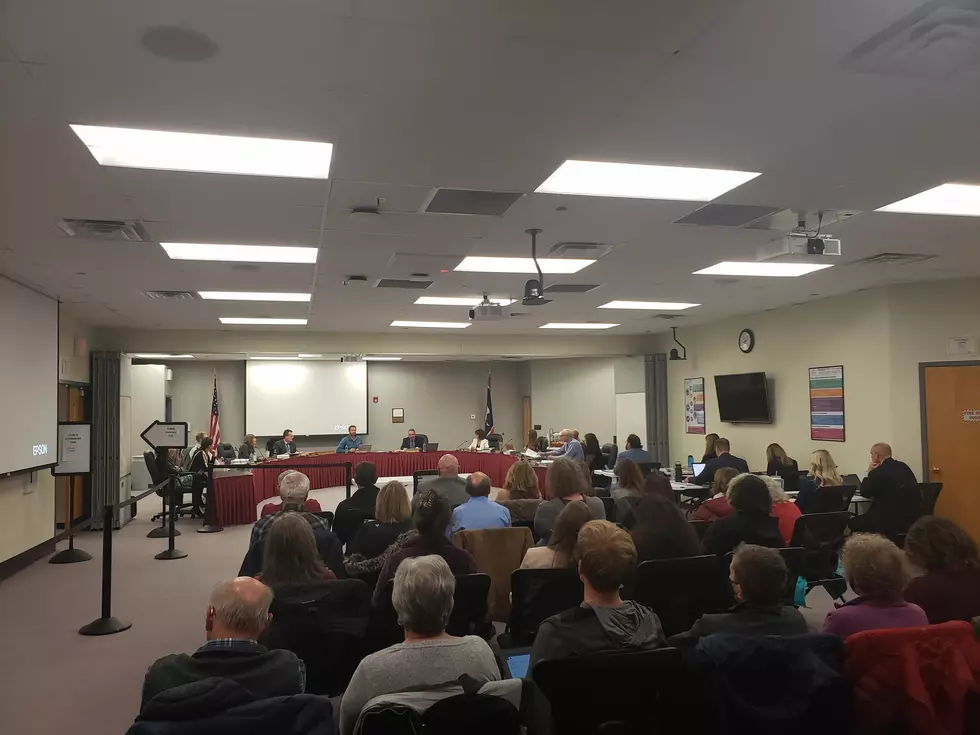
Dozens Speak Out Against Banning LGBTQ Books at NCSD Meeting
At the Natrona County School Board meeting on Monday, 29 people came up to comment on a committee recommendation about two books in school libraries.

The books, Gender Queer by Maia Kobabe and Trans Bodies Trans Selves by Laura Erickson-Schroth, have both been the target of opposition by groups across the country seeking to remove their contents from libraries.
At the beginning of September, a reading committee released their opinion on whether the two books should or shouldn't be banned, and they decided to keep the books.
While it is unclear at this time exactly why, Tanya Southerland, Director of public relations for the Natrona County School District, said that they will be releasing their opinion soon, as they have 30 days after announcing it to publish a written copy.
Southerland said that while the board currently doesn't have any say on the decision not to ban the two books if anyone makes an appeal of that decision, the board will then vote on whether or not to ban the books.
Superintendent Mike Jennings said that if they do get an appeal, the board will have to read the books, the decision by the reading committee, and then come to its own conclusion at some point in the future.
At the meeting, the vast majority of those that came up to speak approved of the decision to keep the books in schools, arguing that they provide greater context for students and that those that oppose them should not seek to limit access for other students.
Of the people that came to speak in favor of the committee's recommendation, there were parents, teachers, librarians, councilors, and current and former LGBTQ students.
Tanis Lover Check Saunders, a history teacher at Casper College, said that it is important to provide representation for LGBTQ students in the books in question so they can be seen as equal.
"Acknowledging the humanity of LGBTQ students by having them represented in libraries, affirms their dignity as human beings, because representation matters," Saunders said. "When they see themselves represented in a book, it improves their sense of self-worth. When those who aren't part of the community see LGBTQ people in books, they realize that their peers are equals, not inferior. When you take these books out of a library, it is suggesting to the community, and assure you this is how the kids take it, that because it's LGBTQ it's controversial, it indicates that they are the problem, and that serves to threaten their sense of wellbeing."
After Saunders came up to speak, three other members of her family also came up to speak against banning the two books, including two of her children who are both a part of the LGBTQ community and appreciated the inclusion of books like Gender Queer in school libraries.
Vincent O'Connell said because there are images in the two books that are sexually graphic, the books shouldn't be allowed in school libraries.
"This has nothing to do with the LGBTQ community at all. It has nothing to do with a book and the writings in the book," O'Connell said. "What it has to do with is the pictures and the photographs in the book. We're literally showing our kids sexual content and allowing it...why is this even a conversation for you guys. This is common sense. I'm not trying to silence anyone or censor anyone. I was in the military, I served for four years, I believe in our constitutional rights, I don't want to censor anyone, but these children should not be allowed access to pornographic materials in a public setting."
Patrick Sweeney, a Natrona County representative in the Wyoming Legislature, came to speak in favor of the recommendation by the reading committee and that he hopes the legislature is able to pass a bias crimes legislation.
Answers to 25 common COVID-19 vaccine questions
15 Things Every 90s Kid in Casper Totally Remembers Doing
More From K2 Radio









